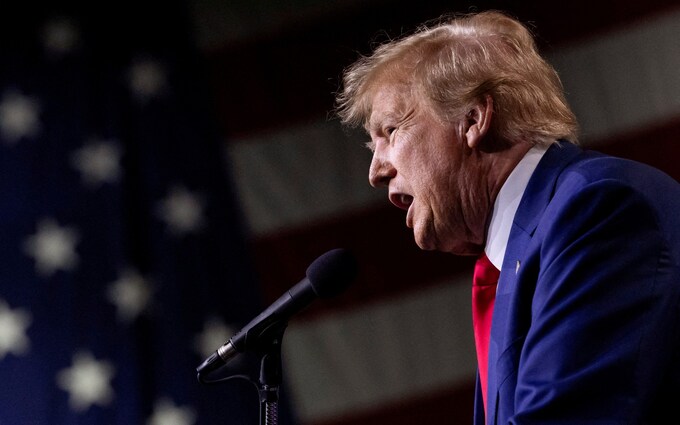In a historic decision that has sent ripples through the American political sphere, the Colorado Supreme Court ruled that former President Donald Trump is constitutionally ineligible to appear on the state's 2024 primary ballot. This unprecedented ruling, based on the 14th Amendment's insurrection clause, marks the first time a court has found Trump ineligible for the presidency due to his conduct surrounding the January 6, 2021, attack on the U.S. Capitol.
The court's decision, split 4-3, hinges on the interpretation of Section 3 of the 14th Amendment, historically a Civil War-era provision. It disqualifies from public office any individual who, having taken an oath to support the Constitution, engages in insurrection or rebellion against the same. The Colorado justices concluded that Trump's actions and rhetoric on January 6 constituted such insurrection, thereby barring him from holding presidential office.
Legally, this ruling is confined to Colorado, but its implications are far-reaching. The decision is paused until January 4, 2024, allowing time for an appeal to the U.S. Supreme Court. This pause means Trump's spot on the Colorado GOP primary ballot might be safe if the nation's highest court doesn’t settle the matter quickly. However, the ruling has opened a Pandora's box of legal and political consequences that could significantly impact the U.S. political landscape.
Politically, the ruling is a double-edged sword. On one hand, it holds Trump accountable for his actions related to the 2020 election, providing a form of political punishment for his anti-democratic behavior. On the other hand, it could galvanize his supporters, fueling a narrative of persecution that has been a potent force in GOP primaries. Trump's campaign has already indicated plans to appeal to the U.S. Supreme Court, setting up a high-stakes showdown over his eligibility.
The Colorado decision could potentially embolden other states and courts to take similar actions, though this remains speculative. All eyes are now on the U.S. Supreme Court, which is poised to play a major role in the 2024 election. The court's decision, whichever way it leans, will not only determine Trump's eligibility but also set a precedent for how the 14th Amendment is interpreted in the context of presidential candidacies.
As the 2024 U.S. presidential election approaches, this ruling adds another layer of complexity to an already tumultuous political environment. It raises questions about the role of the judiciary in electoral politics and the extent to which legal interpretations can influence the political process. The outcome of this legal battle will not just shape Trump's political future but also potentially redefine the boundaries of American democracy.










Trackbacks and Pingbacks